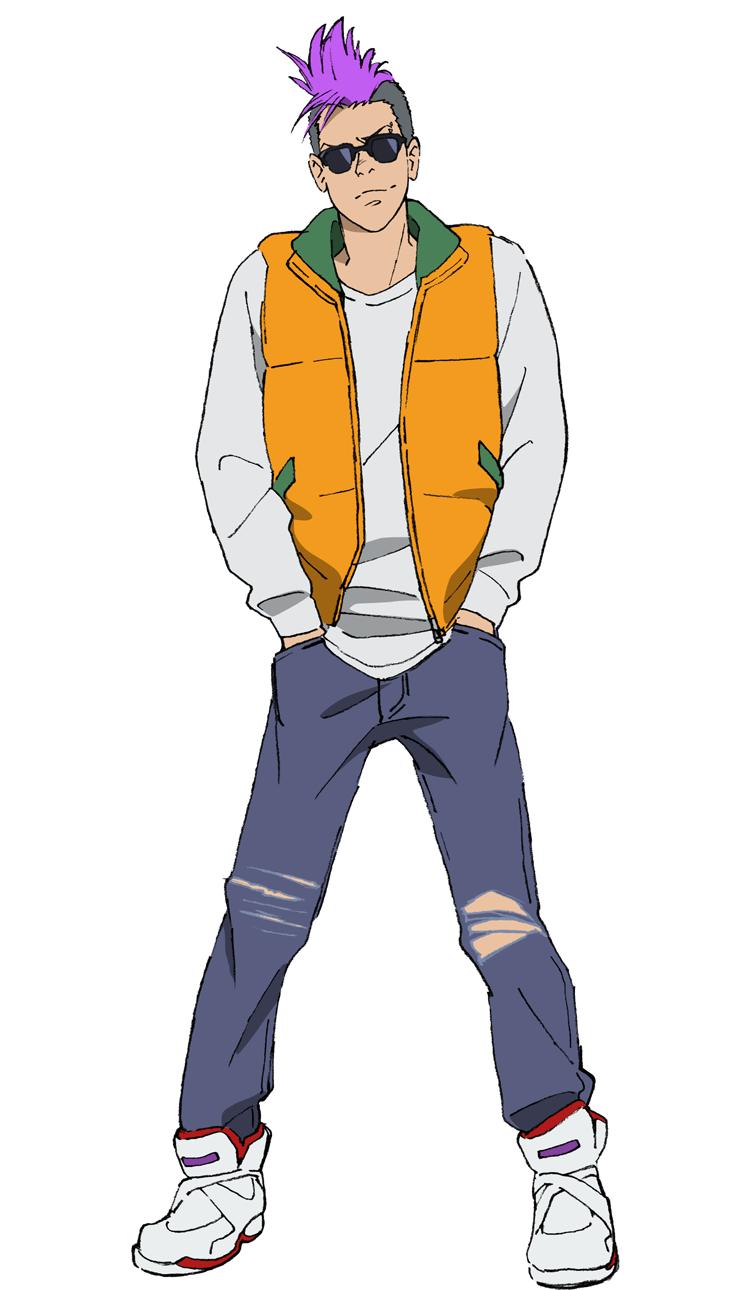Shorter Banana Fish: Unveiling the Japanese Perspective on Ash’s Fate

Do you ever wonder what truly happened to Ash, our beloved protagonist in Banana Fish? There seems to be a whirlwind of confusion in the Western fandom regarding Ash’s demise and why he didn’t seek help. Today, we will embark on a journey to shed light on this contentious topic. Brace yourself for some mind-boggling revelations!
Ash’s Inevitable Destiny
In the manga, Ash’s poignant dialogue with Lao reveals a crucial truth – Ash never had the power to decide his own fate. While it is true that Ash mentioned Lao missed his vital points, Lao responded by saying, “both of us can’t be saved.” These intertwined lines hold significant meaning, demonstrating that Ash had no control over his destiny. The fact that Lao also perished raises an important question – if Ash had missed Lao’s vital points, why did Lao ultimately meet his demise as well? It becomes apparent that Ash was never given the option to choose between life and death. Instead, he was given precious moments to decide how he wished to spend his final breaths. And what did Ash choose? He chose to immerse himself in Eiji’s heartfelt letter inside the library.
The Misconstrued Translation
Another crucial aspect revolves around a misleading translation. In Gol, the phrase “長い長い時間” was inaccurately translated as “long long hours.” However, Sing’s viewpoint in this instance mirrored how Ash perceived time. Although it may have felt like an eternity to Ash, in reality, it might have only been a matter of minutes. Sing’s statement, “What were you thinking? While blood kept flowing from your body slowly…for a long long time before death…you must have suffered because the wound missed your vital points…And yet, you were smiling,” aimed to highlight Ash’s resilient spirit despite a deep stab wound, rather than his decision to die.
Ash’s Devotion to Eiji
We cannot discount the fact that Ash would never purposefully inflict pain on Eiji. He understood the profound emotional scars his death would leave on Eiji’s soul. If Ash had any chance of surviving, he would have embraced it, knowing the excruciating toll it would take on Eiji. Ash’s ultimate choice was not a deliberate act of self-sacrifice for Eiji’s sake.
The 80’s Context
It is essential to consider that Banana Fish is set in the 80s. The medical and logical aspects presented in the story may not align with contemporary perspectives. People during that era were more tolerant of such creative liberties, and perhaps what we perceive as a plot hole could be attributed to the era’s literary preferences. As evidence, let’s recall Golzine’s ability to defy all odds and continue his malicious acts despite sustaining two gunshot wounds to the chest.
The Tragic Fate
In an interview with the author, she expressed that Ash died in vain (“犬死にする”). This revelation suggests that Ash’s sacrifice did not serve any purpose. It challenges the notion that his death was for Eiji. Instead, Ash’s demise was devoid of reason or meaning.
The Director’s Artistic Choice
Interestingly, the anime director herself admitted to disliking the ending of the Banana Fish manga. However, she had no authority to change it. To maintain an open-ended conclusion, the director deliberately omitted certain dialogues between Ash and Lao. Consequently, viewers were left to interpret whether Ash truly met his end. Lao’s pivotal line, “both of us can’t be saved,” was absent from the anime version, further fueling the ambiguity.
Ash’s Finality
Delving deeper into the essence of Ash’s final moments, we discover a compelling exchange of words between Eiji and Sing in Gol. Eiji asserts that Ash wholeheartedly embraced life until the very end, a sentiment shared exclusively between them. This dialogue contradicts the theory that Ash chose death. The Western fandom’s misinterpretation can partly be attributed to the inaccurate translations, omitted lines in the anime, and the profound plot holes deliberately crafted by Yoshida to grant Ash a poignant and beautiful conclusion. In Yoshida’s own words, Ash “died like a dog/died in vain/died uselessly.” As heart-wrenching as his demise may be, it remains arguably the best possible ending for Ash, a testament to the captivating narrative and unforgettable characters brought to life by Yoshida.
In conclusion, Banana Fish and its enigmatic conclusion leave a lasting impression on our hearts. It is important to embrace the Japanese perspective on Ash’s fate, for it unravels the intricate layers of symbolism and emotions within this beloved manga. Let us cherish this extraordinary story created by Yoshida, knowing that it will forever reside within our souls.
To explore the full discussion and delve into the intricate details mentioned in this article, visit this enlightening Reddit post: Fecomic









